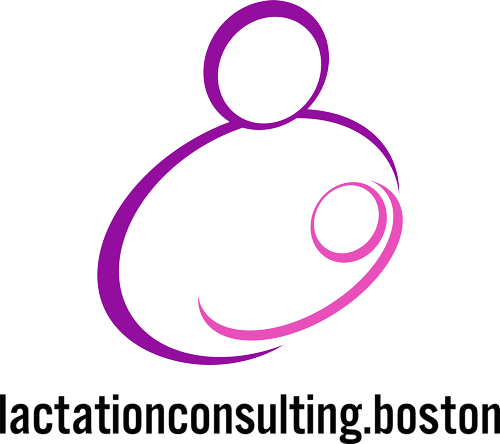Marijuana Use During Pregnancy and Breastfeeding in Massachusetts

Recommendations to Massachusetts Families Regarding Pregnancy, Breastfeeding and Marijuana
Parents frequently ask me in my role as International Board-Certified Lactation Consultant (IBCLC) if certain foods, beverages, or medications are safe to consume during lactation. Increasingly, I am asked about the relative safety of marijuana. It’s my job to provide my clients with nonjudgmental support and information with regards to all things breastfeeding. While information about marijuana use during lactation has been limited, emerging research is underway. The American Academy of Pediatrics (AAP) released a clinical report on August 27, 2018 entitled: Marijuana Use During Pregnancy and Breastfeeding (Pediatrics, Volume 142, number 3, September 2018, Ryan, et al). Editorial here: A Modern Conundrum for the Pediatrician: The Safety of Breast Milk and the Cannabis-Using Mother and accompanying article and video abstract here: Marijuana Use by Breastfeeding Mothers and Cannabinoid Concentrations in Breast Milk. The aim of the report is to provide pediatricians with current information regarding the potential effects of marijuana use on the health and well-being of pregnant women and breastfeeding children. The authors, Ryan et al, provide epidemiological information, summarize the emerging research, and provide clinical recommendations to address concerns about the growing use of recreational marijuana in the United States.
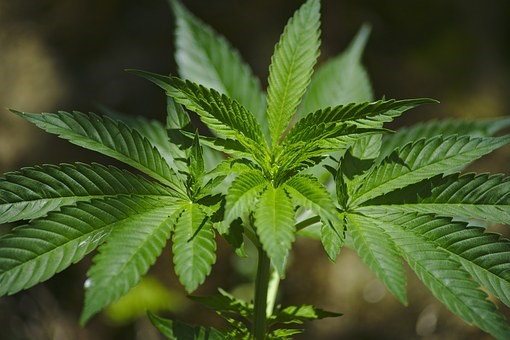
The report is particularly timely here in Massachusetts, where recreational marijuana is now legal. Across the US, marijuana use is on the rise, particularly in young urban women of child-bearing age. 4.9% of pregnant women aged 15-44 years reported the use of marijuana in the past month, according to data from the 2016 National Survey on Drug Use and Health, an increase from the previous year. Among 18-25-year-old pregnant women, the statistic jumps to 8.5%, also marking an increase from the previous year. Data is limited regarding the pervasiveness of marijuana use during lactation. A small 2017 survey from Colorado, another state with legalized marijuana, found some 18% of marijuana users participating in a large metropolitan area WIC program reported using marijuana during the period of time they were breastfeeding their child. Public health officials in Massachusetts are concerned that as goes Colorado, so will go Massachusetts.
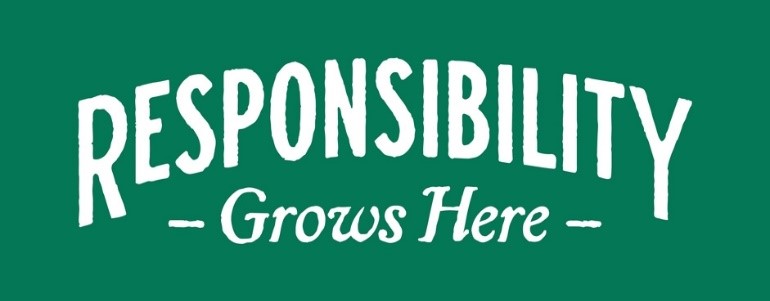
The use of medicalized marijuana and the increased legalization of recreational marijuana has led some women to assume that the use of marijuana is safe, and perhaps even desirable, during pregnancy and lactation. I have compiled some thoughts for women seeking to become pregnant and for those who are pregnant or breastfeeding to consider as they weight the decision to use or not use marijuana.
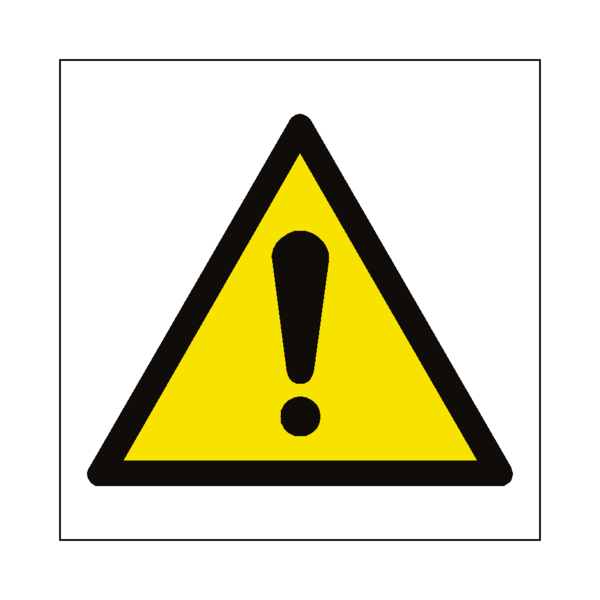
- Legal ≠ Safe. There are plenty of easy examples of legal substances that can lead to serious health consequences…tobacco anyone? Emerging data suggest that use of marijuana, in its various forms, can be dangerous to both mom and baby during pregnancy. It can contribute to problems with blood and oxygen circulation via the placenta. This can put baby at risk of reduced birth weight and mom at risk of pre-eclampsia, one of the leading causes of pregnancy-related maternal death in the United States according to the CDC. It is also suspected of leading to neurological problems in the infant. THC, or tetrahydrocannabinol, the best understood cannabinoid in pot, readily crosses the placenta. It is highly lipid (fat)binding, and is stored in the body in fatty tissue, like the brain. This could lead to lower APGAR scores, increase the likelihood of admission to the NICU, and lead to CNS and developmental issues later in life. Smoking marijuana increases maternal carbon monoxide (CO) 5X greater than smoking a tobacco cigarette, potentially harming fetal development. Second hand smoke from pot is also dangerous to adults, newborns, children and pets. Smoking of any kind increases the risk of sudden infant death syndrome or SIDS. Women may believe that using marijuana during pregnancy is a safe way of managing nausea. No research has confirmed its efficacy as a treatment for nausea and other, known safe options are available. Ask your doctor for safe options if you are suffering from nausea or trouble sleeping. Marijuana may also interact with certain medications in ways that may be dangerous to you. Let your doctor know if you are using marijuana recreationally. What your doctor doesn’t know may hurt you and your baby. Follow this link for more info about marijuana and your health published by the Massachusetts Medical Society
- Legal in Massachusetts ≠ Legal to the Feds. Marijuana is classified as an illicit substance under Federal Law. In Massachusetts, marijuana products are required to be labeled “Dangerous to Children” and kept way from your kids, preferably under lock and key. Under extreme circumstances, exposing your baby or child to marijuana can fit the federal definition of child abuse/neglect. If your healthcare provider suspects your marijuana use is endangering your fetus or child, they are required to report it to Child Protective Services under the guidelines of the 2010 Child Abuse and Prevention and Treatment Act. Habitual marijuana use may also come into play during divorce and custody proceedings, should your marriage end.
- The marijuana produced today is far more concentrated in THC than in previous generations. Some samples have been measured to have more than 3X the THC of what was normal just ten years ago. This isn’t your mama’s marijuana. How the increased potency of today’s marijuana plays into health outcomes isn’t fully understood.
- Pumping and dumping won’t work. Unlike alcohol, which is water soluble, THC clings to fats and has a very lengthy half-life, making it very slow to exit the human body. THC also has a low molecular-weight so it transfers into mother’s milk. With a half-life of 25-57 hours, according to Thomas Hale’s 2019 Medications and Mothers’ Milk, it can accumulate in maternal, fetal and newborn tissues, particularly with chronic use. While one alcoholic beverage can be metabolized by the body in about an hour, THC has been shown to linger for an extended period and has been found in mother’s milk even several days after its consumption.
- Marijuana use can affect your fertility. Men may suffer from erectile dysfunction and lowered sperm counts. Marijuana and its metabolites are endocrine disrupters and may upset a woman’s menstrual cycle. If getting pregnant has been difficult for you and your partner, marijuana may make matters worse as it negatively impacts both male and female fertility.
- Marijuana, particularly chronic use, can potentially decrease your milk supply. Many studies find decreased prolactin levels in chronic marijuana users. The ability to create and maintain a full milk supply is compromised, particularly in primiparous women. Additional body systems, such as metabolism and stress response are affected as well.
- Marijuana can make you sleepy, decrease your gross motor skills and slow reaction times. In other words, it impairs your ability to take care of yourself and your child. You may make poor decisions while under the influence and regret your decisions later.
- Breastfeeding isn’t contraindicated when you are a recreational pot user (or drinker or smoker). That’s right, despite all of the above, even if you do use marijuana, it is far better for both you and your baby if you breastfeed than not. The known benefits of breastfeeding far outweigh the not-fully understood risks of marijuana (or alcohol or tobacco). Marijuana use is discouraged when you are trying to become pregnant, are pregnant or nursing but isn’t a deal breaker.
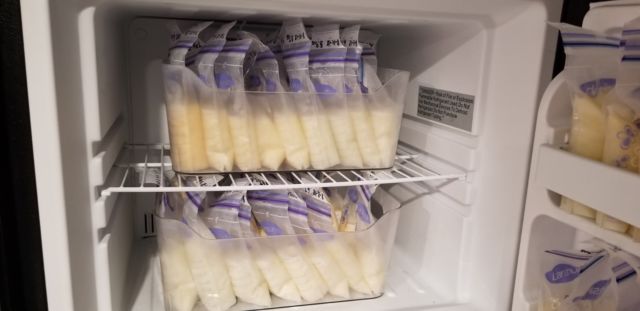
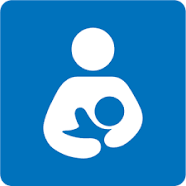
So, what’s a lactation consultant to do? I counsel families to use the same kind of common-sense reasoning about marijuana use as I do with regard to alcohol use. Just as breastfeeding isn’t contraindicated when a mother has a glass of wine, the use of alcohol is strongly discouraged during pregnancy and lactation. If my experience as a perinatal healthcare counselor has taught me anything over the past decade it is this: Parents truly want to do right by their kids and will make sound decisions and or change their behavior when given information in a non-judgmental way. According to CDC statistics, anywhere between 5 and 30 percent of my clients have probably consumed marijuana in the last 30 days. The reality is that women of childbearing age and their partners are using marijuana in increasing numbers and I have to assume that my clients are too.
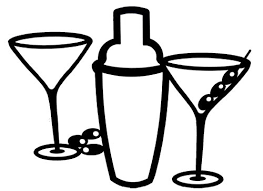
When it comes to alcohol consumption I don’t tell my clients not to drink. A simple “just say no” line of advice will fall flat. Instead, I tell them the greatest risk associated with consuming excess alcohol is that they will get in a car while under the influence and cause a tragedy for themselves and possibly others. From where I sit, I have the same primary concerns about marijuana use: 1. Driving under the influence and 2. generally being unable to parent well while under the influence. Frankly, I can’t even imagine what it would be like to change a diaper while high and certainly wouldn’t recommend it to a friend. So here are some other practical thoughts I have as an IBCLC reflecting on the caution list outlined above. The following is not intended as a “how-to” list for making marijuana compatible with parenting, so much as a practical guide to reduce risk to you and your kids.
If you are going to use marijuana while pregnant or breastfeeding:
- Be informed of the possible risks to you and your family associated with marijuana use. Maybe read that list above again.
- If you are going to consume marijuana please source it from a safe, registered and licensed dispensary to avoid contamination with other substances and minimize your risk. Sourcing anything from the Black Market is never, ever a good idea people. For those still thinking cheap weed is a good idea, I have just one word for you, “Fentanyl.”
- If you are a regular or chronic consumer of marijuana, consider using it less frequently and/or in smaller quantities than has been your habit. If you are willing to move heaven and earth to eat less sushi, lower your consumption of caffeine or alcohol, and avoid cat boxes then, for heaven’s sake, please give the same thoughtful consideration to your marijuana consumption.
- Release of THC into your system is slower when ingested as an edible, rather than inhaled. The more gradual release may be safer for you and your child than a sudden, quicker high. Less THC is likely to enter your milk when you eat marijuana than when you inhale it. You will also avoid any primary or secondary smoke and all the dangers they inherently entail. So maybe go for the brownies rather than vaping.
- If you are going to consume marijuana, please take measures to ensure your child is safe when you are going to be actively consuming and under the influence. Make child care arrangements in advance so your child will be supervised by a responsible adult who is not under the influence of marijuana, other drugs or alcohol.
- Don’t allow your children to be in the same space where marijuana is consumed.
- Have a designated driver and don’t operate a motor vehicle while under the influence and don’t allow your child to be transported by someone who is impaired.
- Keep all marijuana products locked up and out of reach, particularly edibles that are packaged in such a way as to be attractive to young children.
- Keep the number for the Massachusetts/Rhode Island Poison Control Center handy: 1-800-222-1222. Call immediately if you suspect your child has consumed your marijuana, don’t wait for signs of illness.
- When breastfeeding and consuming marijuana, consider having a trusted and unimpaired support person supervise your feedings, to ensure that you do not fall asleep with baby, drop your baby or otherwise endanger baby.
- Consider abstaining from consuming marijuana in any form while trying to get pregnant or are pregnant or breastfeeding. If cutting back is hard, talk to your healthcare provider and get some help and make a plan.
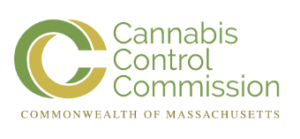
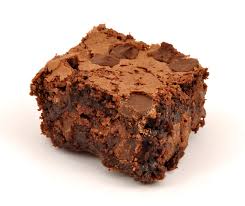

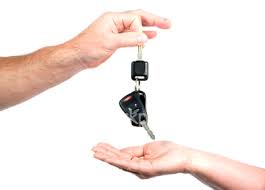
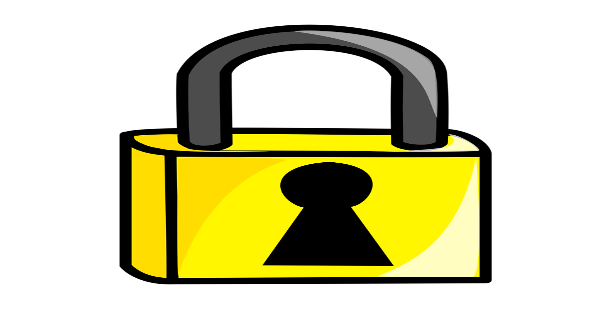
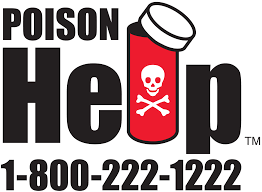
Andrea Jorgensen-Perry, IBCLC
